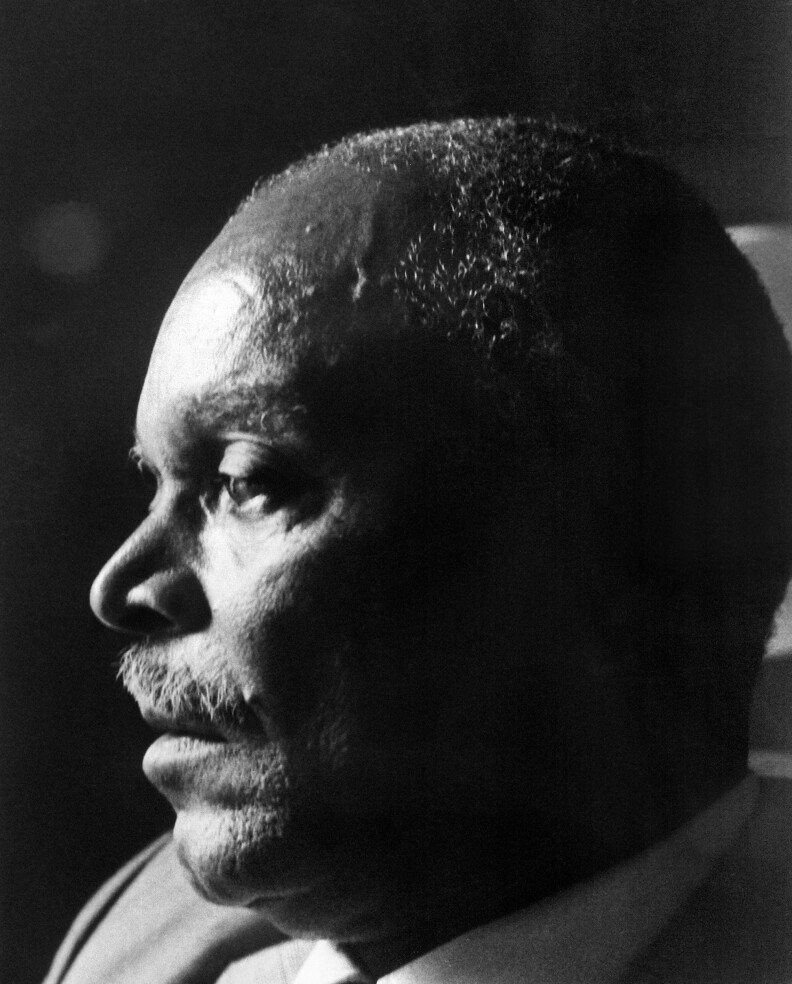When author Chester Himes came to L.A. in the early 1940's, the city was bustling.

People from all over the country migrated here to help the war effort and many expected L.A. to accept them. Los Angeles had the reputation as a place they could live without prejudice.
The truth was that the city was hardly devoid of racism, and the heartbreak of that realization led Chester Himes to write the seminal novel, "If He Hollers Let Him Go."
That's the subject of Take Two's newest installment of "The California Canon: Great books from the Golden State," as told by
. He's a book editor and critic, and founder of the Libros Schmibros Lending Library.
Working in the LA shipyard as a black worker
It's about a guy names Bob Jones. He's an African American. He's arrived, fairy recently, in Los Angeles. The war has just begun and he's got a job in a shipyard down in the harbor. He's just been promoted to what they call leaderman, meaning he's supervising other people, including many, if not most of them, a lot of white racists who don't particularly love this. He's got a fancier title but no power whatsoever.
The prejudice that Bob Jones experiences on the job goes well beyond whispers behind his back or even name calling. You're talking about a confined space in the bowels of a half built ship and men working with heavy tools. There is the threat, more often unstated but at times quite overt, of physical violence. And there's a lot of sexual tension because this one woman, Madge, is flirting with Bob but there's almost a hostility behind the flirting.... This would be an incredibly claustrophobic place for him to try and earn a living and even retain a shred of dignity.
So fast-paced, it reads like an action movie
This is a punchy, staccato, propulsive novel.... And then, the book ends in a chase in which the physics of it, the sheer spatial design of it, it is instantly visual in a reader's brain.... Bob is simmering and at a certain point, he can't take it anymore. And so the novel heads toward a real eruption of a climax. It's a picture of Los Angeles that seems familiar and unfamiliar at the same time.
To understand the present, we look to the past
There are at least two ways to look at this. You could look back at the Los Angeles of "If He Hollers Let Him Go" and think, oh my god, what an absolutely, starkly, violently divided city that was. As bad as things may sometimes look nowadays, look at the progress we've made. Then again, one could look at the same milieu and think, are we still dealing with this now? Are we not passed this now? And so for that reason, this is a book that I think we can read today not just as Angelenos with affection but also as people living in a flawed society looking for antecedents from which to find some sort of bumbling way forward.
Quotes edited for clarity and brevity.



